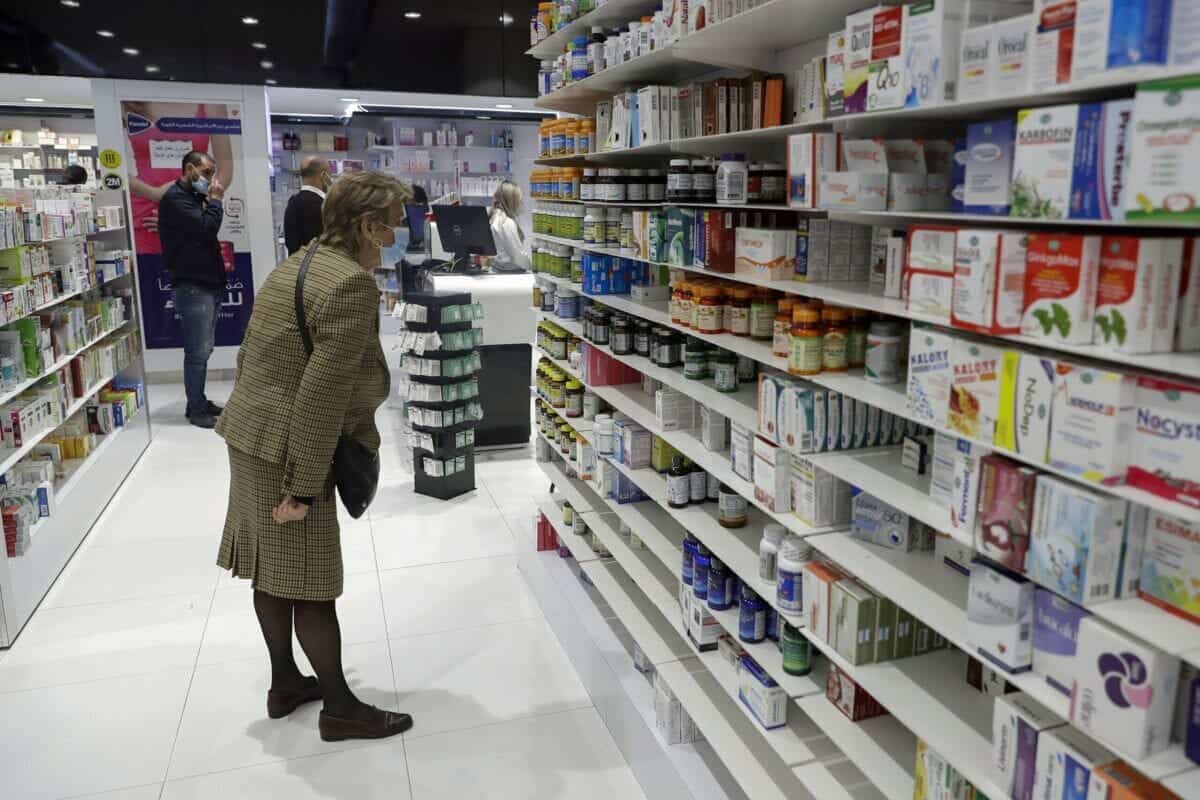Lebanon will soon distribute medicine for incurable and chronic diseases for free, head of the Health Parliamentary Committee, Assem Araji, was quoted as saying by the official National News Agency on Tuesday, October 26.
The Lebanese central bank has opened a credit line of $60 million for medicine importers, he added.
He explained that the credit was “sufficient to import these medicines for over a period of at least two months.”
The news should be a welcome boost for the health sector in a country that is experiencing an economic crisis that the World Bank has said could be among the top three worst on the planet.
With around three-fourth of the country living in poverty because the Lebanese pound has lost more than 90 percent of its value since November 2019, commodities like fuel, medicine, and even food are scarce.
The paucity of medicine has reached such levels that the World Health Organization last month said Lebanon’s health sector was on the brink of collapse.
This, even as Lebanese expatriates living in countries like the UAE were shipping in critical medication as shops ran empty of them.
Now, Araji has been quoted by Lebanon’s official news agency as saying that “most of the medicines for incurable and chronic diseases will become available soon.”
He also made it clear that they would not be sold, but distributed free of charge by the Ministry of Health.
Araji, however, also said: “It is difficult to speculate about the Covid-19 situation in the coming months because we do not know how the pandemic will evolve.”
He added that hospitals were not fully prepared, “given the dire financial and economic conditions.”

